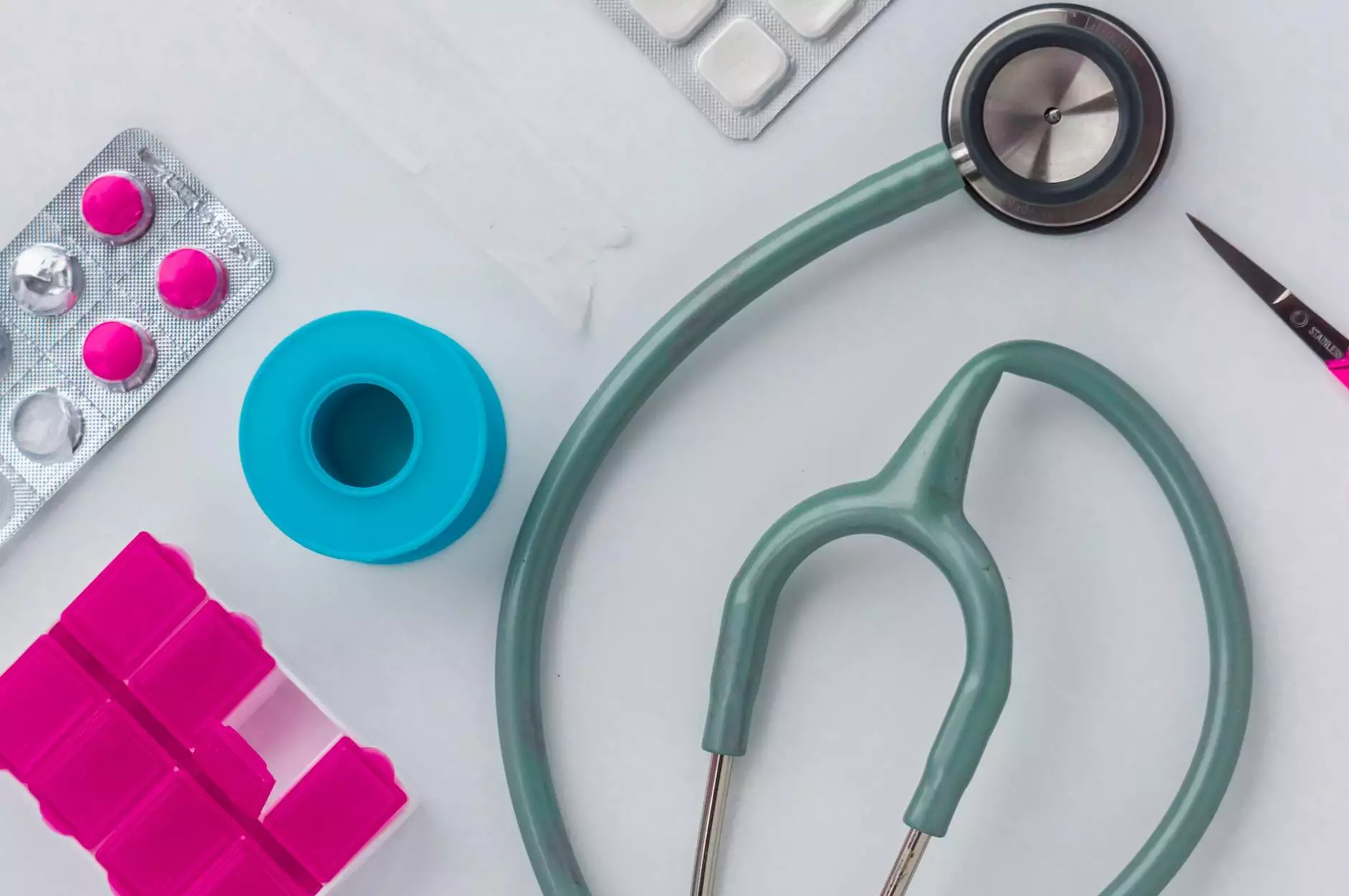PALS Class NYC: A Definitive Guide to Pediatric Advanced Life Support Training

In the rapidly evolving landscape of healthcare, the importance of advanced medical training cannot be overstated. For healthcare professionals, mastering pediatric life support techniques is crucial, especially in high-stakes environments such as the pediatric emergency room. In New York City, one of the most comprehensive and accessible options for this training is the PALS class NYC. This article delves deep into the significance, structure, and benefits of PALS training, emphasizing why it should be a priority for medical practitioners working with children.
Understanding PALS: What is Pediatric Advanced Life Support?
Pediatric Advanced Life Support (PALS) is a set of clinical interventions for the urgent treatment of critically ill infants and children. The course is aimed at healthcare providers who respond to emergencies in children. PALS teaches professionals the critical skills needed to recognize and intervene in life-threatening situations, such as cardiac arrest, respiratory distress, and shock.
Why is PALS Training Essential?
The statistics surrounding pediatric emergency scenarios highlight the dire need for effective training:
- According to the American Heart Association, over 30,000 children experience cardiac arrest outside of the hospital each year.
- Survival rates from sudden cardiac events in children can double or triple with the immediate intervention of trained professionals.
- Healthcare workers equipped with PALS certifications are better prepared to save lives and ensure optimal patient outcomes.
The Structure of PALS Classes in NYC
PALS classes in NYC are well-structured to provide comprehensive training. Most courses are designed to accommodate different learning styles and schedules. Here is an overview of what to expect:
Course Length and Format
The duration of PALS training can vary:
- Full Course: Typically lasting 14 to 16 hours, which can be completed over 1 to 2 days.
- Renewal Course: For those recertifying, courses usually last about 8 to 12 hours.
- Blended Learning: PALS offers online pre-course learning followed by hands-on training and assessment.
Key Learning Components
Participants will engage in the following key areas of learning:
- Basic Life Support (BLS): Understanding CPR for infants and children.
- Advanced Cardiac Life Support (ACLS): Techniques specific to pediatrics.
- Team Dynamics: Effective communication and role assignments during emergency scenarios.
- Practice Scenarios: Real-life simulations to enhance critical thinking and swift response skills.
Benefits of PALS Class NYC
Enrolling in a PALS class in NYC provides numerous advantages for healthcare professionals:
Enhanced Skills and Confidence
Through rigorous training, healthcare providers enhance their skills and confidence when dealing with pediatric emergencies. PALS training instills a sense of preparedness that is invaluable in a crisis.
Networking Opportunities
Attending classes in NYC offers the chance to network with other healthcare professionals. Building relationships with peers can lead to collaborative opportunities and enriched learning experiences.
Accreditation and Recognition
Certain institutions offer accredited PALS courses, ensuring that the training meets national standards. Completing an accredited program also bolsters a provider’s credentials and credibility in the healthcare setting.
How to Choose a PALS Class in NYC
Choosing the right PALS training provider is crucial. Here are some tips to help you make an informed decision:
- Accreditation: Look for courses offered by recognized institutions such as the American Heart Association.
- Instructor Qualifications: Ensure instructors are experienced in pediatric care and emergency medicine.
- Course Reviews: Research testimonials from past participants to gauge the quality of training.
- Location and Schedule: Find a class that fits into your schedule and is conveniently located.
Conclusion: Your Journey with PALS Class NYC
Investing in a PALS class in NYC is not just an investment in your education but a commitment to the health and safety of your young patients. With the skills learned through this training, healthcare providers emerge more competent and prepared to handle pediatric emergencies.
Whether you’re a nurse, physician, paramedic, or any healthcare professional dedicated to child health, PALS training is invaluable. It provides the tools needed to not only respond effectively in crisis situations but also to improve the overall quality of care delivered to children in need. Enroll today and take a significant step forward in your medical career!



